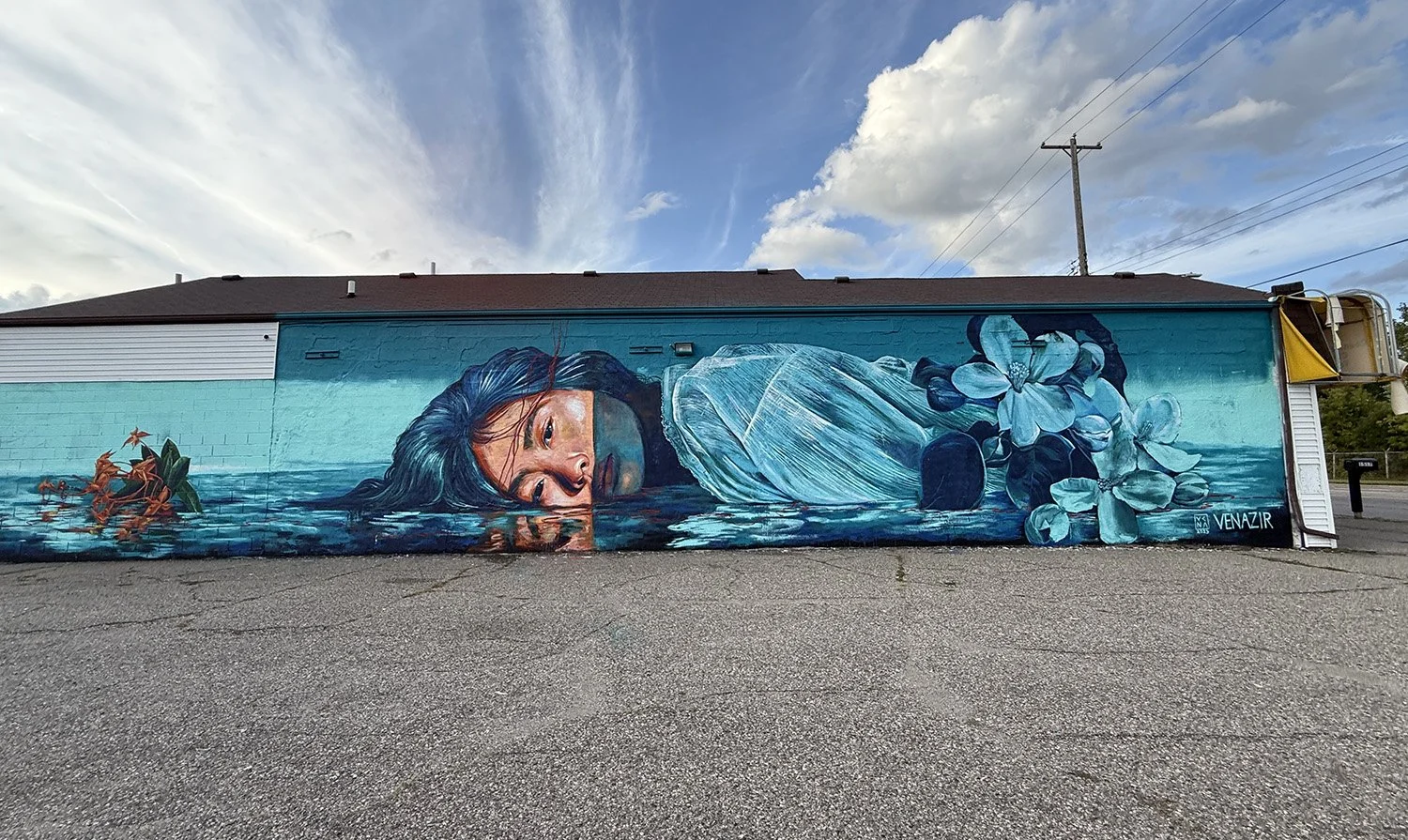We're Here, Get Used to It
/Often, when confronted by a barrage of unpleasantness, we revert to an exceptionalism mindset -- the "it will happen to others but not to us" mentality.
We're reposting below a report by The Rebel Yellow, an Asian American news site, as a cautionary tale, a wake-up call and an example of how to assert one's right in the face of, in this case, a verbal assault.
Filipino American New Hampshire state rep told to “go home”
New Hampshire State Rep. Luz Bay says a Republican lawmaker told her to “go home” after she spoke in honor of Philippine Independence Day at the State House.
“Home country”
In a speech delivered on June 12, Bay said the incident followed remarks she gave “exactly a week ago,” on June 5, during which she reflected on her heritage and referred to the Philippines as her “home country.” Afterward, an unnamed Republican colleague questioned how someone who called another country “home” could serve in the New Hampshire legislature.
She returned to the floor to address the exchange and affirm her right to serve. “Let me say it clearly,” she said. “I am here because I belong here.” A video of her remarks, posted by the New Hampshire House Democratic Caucus on June 14, has since been widely shared on social media and has drawn support from advocacy groups.
Bay’s background
Born in the Philippines, Bay immigrated to the U.S. and earned a Ph.D. in educational measurement and statistics from Southern Illinois University Carbondale. She lives in Dover and was first elected to the New Hampshire House in 2022. Now serving her second term, she is also a three-time cancer survivor and marathon runner.
“My constituents in Strafford County District 21 elected me under the same laws, with the same legitimacy as anyone in this room,” she said. “My birthplace does not make me less American. My accent does not disqualify me from public service. And my identity as a Filipino American does not make me a guest. I am a citizen. I am a public servant. And I am home.”
A broader message
Bay placed her experience within a larger American narrative, drawing attention to the country’s immigrant roots: “Unless you are Indigenous to this land … you too are descended from immigrants. Some of our families came centuries ago. Others came fleeing war, poverty, persecution, or simply searching for the promise that America holds.”
She added, “To question my right to be here is to misunderstand what makes America what it is — a place where democracy is enriched by diversity, where freedom means the opportunity to serve, and where strength lies in our shared commitment to justice, not in the sameness of our origins.” Bay concluded, “This is my home. This is my country. And I’m not going anywhere.” - The Rebel Yellow, 6/23/2025
Our Stories This Week:
"Understanding Pope Leo XIV's Politics" by Cesar Polvorosa Jr. reflects on the new Pope's presence in these times of authoritarian governance and cruelty to migrants.
"EDSA's 'Stairway to Heaven' Finally Coming Down" by Rene Astudillo updates on the much-maligned structure on EDSA in Kamuning.
Chapter 68 of "FilAms Among the Remarkable and Famous" by Mona Lisa Yuchengco features, among others, recent FilAm newsmakers Susie Ibarra, who won this year's Pulitzer Prize for music, and J.J. Spaun, champion of the 2025 U.S. Open Golf Tournament.
"Pass the Turkey, I'm Gay" by Ray Orquiola is a repost of a 1992 Filipinas magazine article that remains relevant 33 years later.
[Video of the Week] The Philippine Vampire Mystery | True Crime Reports
Read It Again:
On Newsmen’s Row by Tom Firme
Our Old-Fashioned Courtship: ‘Dalaw,’ 'Sundo,’ ‘Hatid’ by Philip M. Lustre, Jr.
Tagalog Spoken Here by Taylor Tomita
In The Know
[Edgewise] Trump spending bill to tax immigrants’ remittances
https://www.rappler.com/voices/thought-leaders/edgewise-trump-spending-bill-tax-migrants-remittances/
US embassy to check social media of visa applicants
https://www.philstar.com/headlines/2025/06/25/2453090/us-embassy-check-social-media-visa-applicants?
Philippine Women’s Ice Hockey Team Makes History with Gold at IIHF Asia Cup
https://www.goodnewspilipinas.com/philippine-womens-ice-hockey-team-makes-history-with-gold-at-iihf-asia-cup/
UP study uncovers probiotic and antifungal potential of bacteria in burong isda
https://www.gmanetwork.com/news/scitech/science/950030/kapampangan-dish-burong-isda-study-reveals-probiotics-anti-fungal-properties/story/?
Schlesinger exhibit turns spotlight on largely invisible past
https://news.harvard.edu/gazette/story/2025/05/schlesinger-exhibit-turns-spotlight-on-largely-invisible-past/
French Laundry alums debut one of the Bay Area’s most exciting new restaurants
https://www.sfchronicle.com/food/restaurants/article/carabao-filipino-napa-20335178.php?




